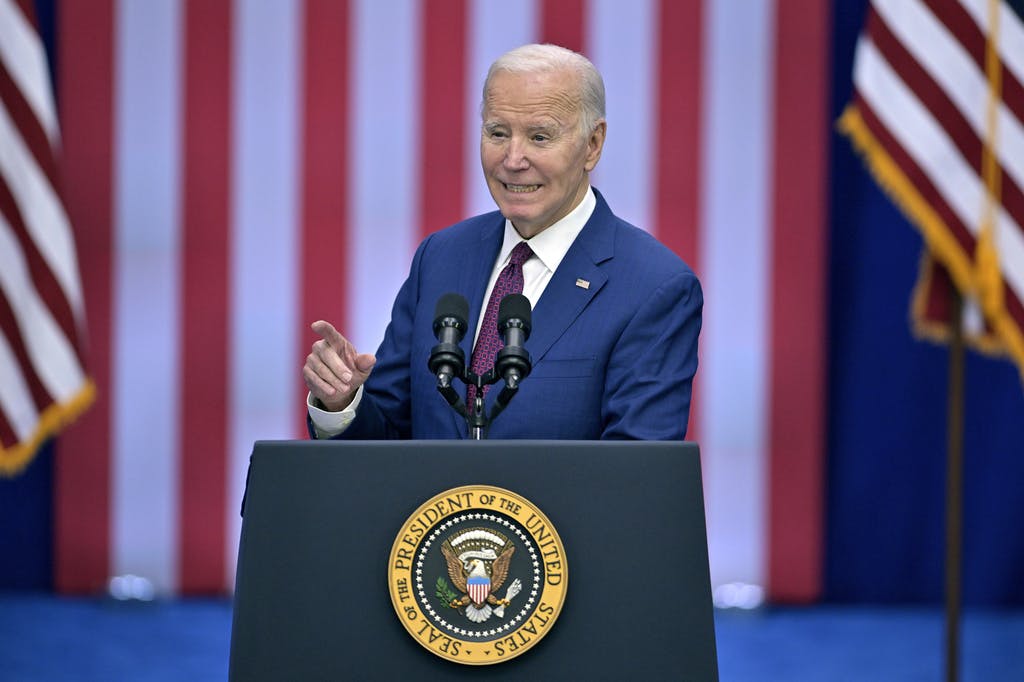
Could the Supreme Court’s Tariff Decision Be Applied to the Fed?
By THE NEW YORK SUN
|Yet because American laws forbid funding any UN body that recognizes Palestine as a full member, even if Biden wanted to support Palestinian UN membership, he would be forced to veto the current motion, several non-American diplomats tell the Sun.

Already have a subscription? Sign in to continue reading

By THE NEW YORK SUN
|
By GEORGE WILLIS
|
By CARL ROLLYSON
|$0.01/day for 60 days
Cancel anytime
By continuing you agree to our Privacy Policy and Terms of Service.